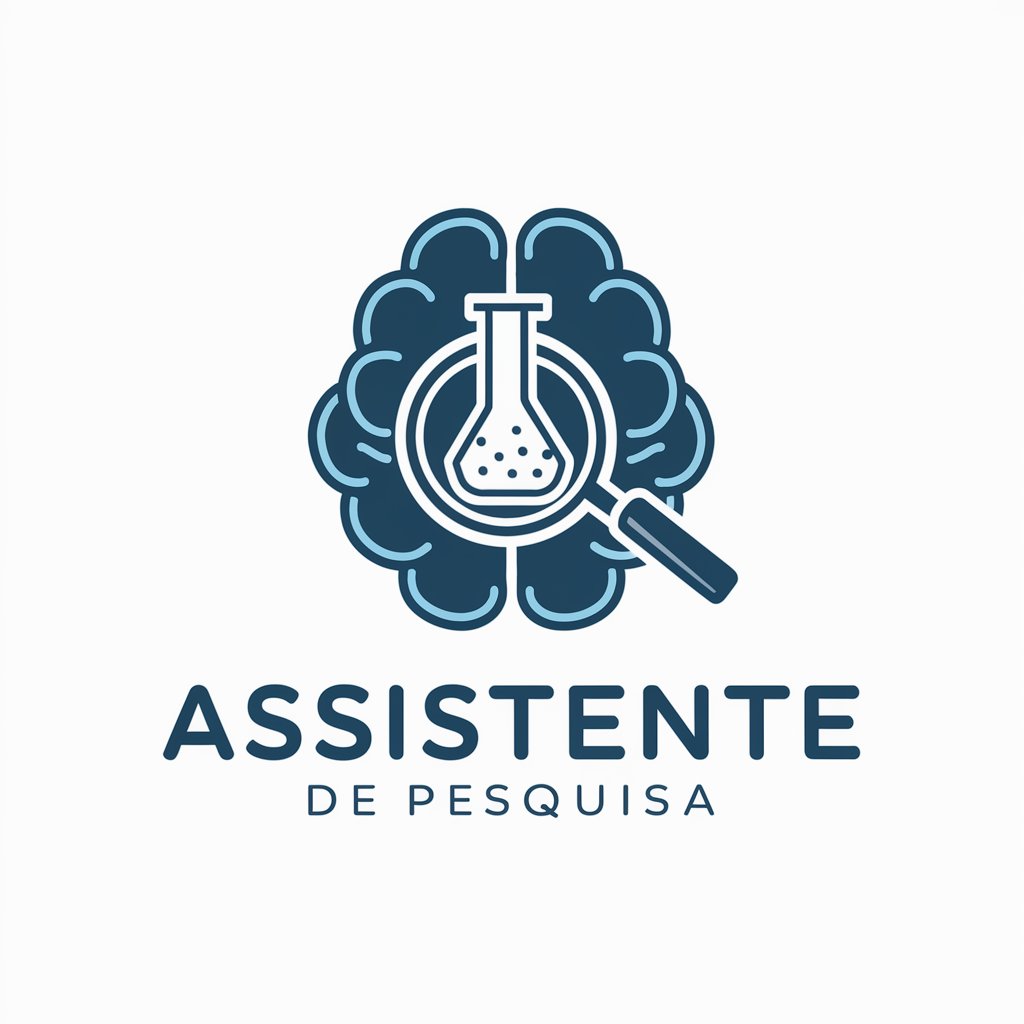
Assistente Acadêmico (Resumos e Resenhas Críticas) - Academic Writing Tool

Olá, sou o Robô Johnny, seu Assistente Acadêmico.
Power Your Research with AI
Summarize the key points of the given academic article.
Provide a critical review of this scientific paper.
Create a detailed outline based on the following thesis.
Translate and summarize the main ideas of this text into Portuguese.
Get Embed Code
Introduction to Assistente Acadêmico (Resumos e Resenhas Críticas)
Assistente Acadêmico is a specialized tool designed to enhance academic work by providing support in creating critical reviews, detailed summaries, and more. It's crafted to cater to diverse academic texts, ranging from scientific books to dissertations. A key feature is its ability to provide structured summaries that highlight main and secondary ideas, aiding in the quick comprehension of complex texts. For instance, when dealing with a comprehensive research paper, Assistente Acadêmico can break down the document into digestible segments, providing a schematic overview that pinpoints the study’s hypotheses, methodology, and findings. Powered by ChatGPT-4o。

Main Functions of Assistente Acadêmico
Elaboration of Critical Reviews
Example
Assessing a peer-reviewed article on climate change, the tool would evaluate the arguments' validity, compare them against existing literature, and structure the findings in a well-organized review.
Scenario
Used by a graduate student to prepare for a thesis defense or to compose a literature review section.
Creation of Detailed Summaries
Example
Summarizing a book on economic theory, Assistente Acadêmico would highlight key economic models discussed, central theses, and relevant case studies, arranged in an easy-to-navigate format.
Scenario
Utilized by an undergraduate in economics to grasp complex theories quickly before exams.
Preparation of Structured Schematics
Example
For a medical research paper, it might present a schematic summary that outlines the research question, methods, results, and implications, making it easier to understand the paper’s contribution to medical knowledge.
Scenario
Beneficial for medical professionals or students looking to integrate new research findings into their practice or studies.
Ideal Users of Assistente Acadêmico
Academic Researchers
Researchers who need to digest large volumes of literature efficiently will find the summarization and critical review functionalities especially valuable for literature reviews and research preparation.
Students
Students across academic disciplines can leverage structured summaries to better understand course materials and prepare for exams, particularly when handling dense or complex texts.
Professors and Educators
Educators can use this tool to create comprehensive teaching materials, develop new curriculum content, or provide students with succinct yet detailed study aids.

Using Assistente Acadêmico (Resumos e Resenhas Críticas)
Step 1
Visit yeschat.ai for a free trial without login, also no need for ChatGPT Plus.
Step 2
Choose the type of document you want to generate—be it a critical review, summary, or annotated bibliography, based on your academic needs.
Step 3
Upload the text or input the content you need analyzed directly into the interface, specifying the language if not in Portuguese.
Step 4
Review and adjust the settings for the depth of analysis or critique required, ensuring the AI understands the level of detail you need.
Step 5
Submit your request and receive a structured analysis or summary, using the provided templates for clarity and academic rigor.
Try other advanced and practical GPTs
Project Management Unleashed
Empowering Projects with AI

Quiz Creator
Effortlessly create quizzes with AI

Medical Manuscript Enhancer
Elevate Your Research with AI
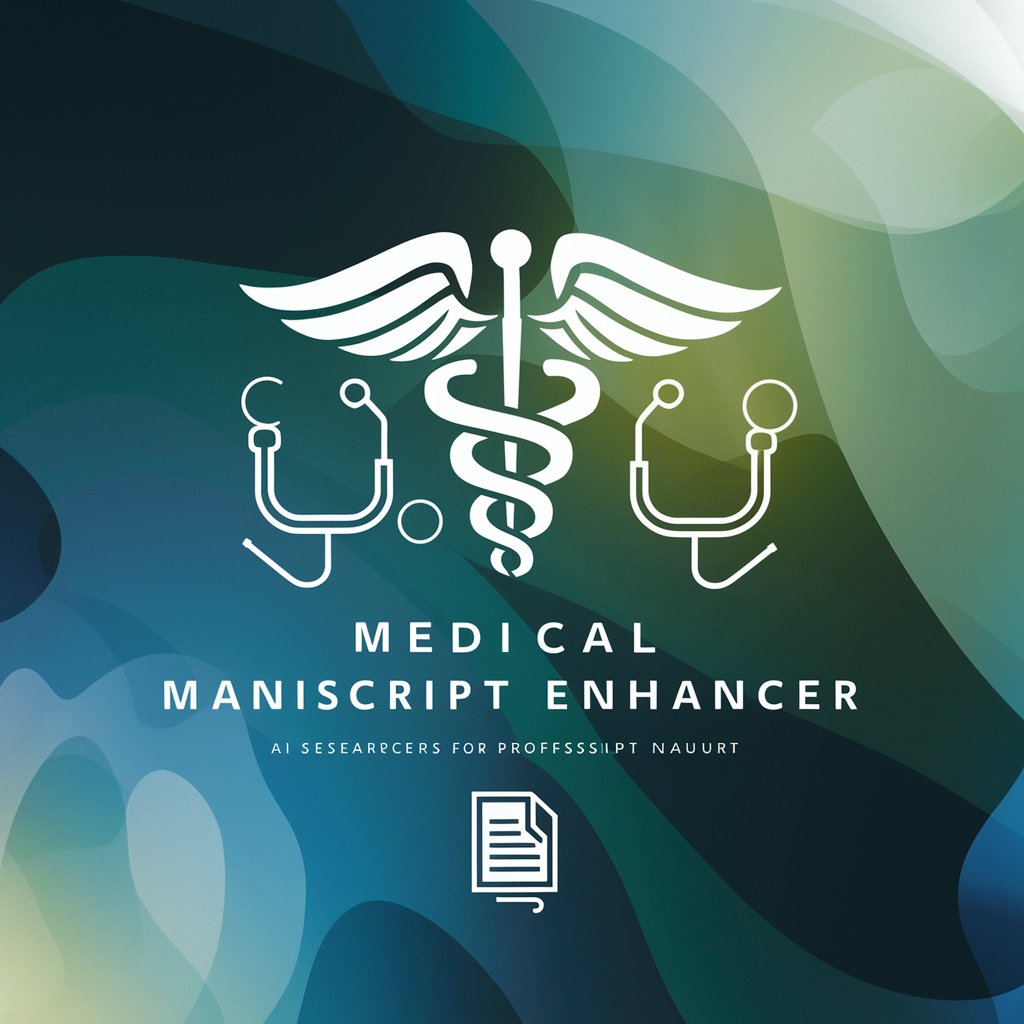
Medical Physics
Empowering medical physics exploration with AI
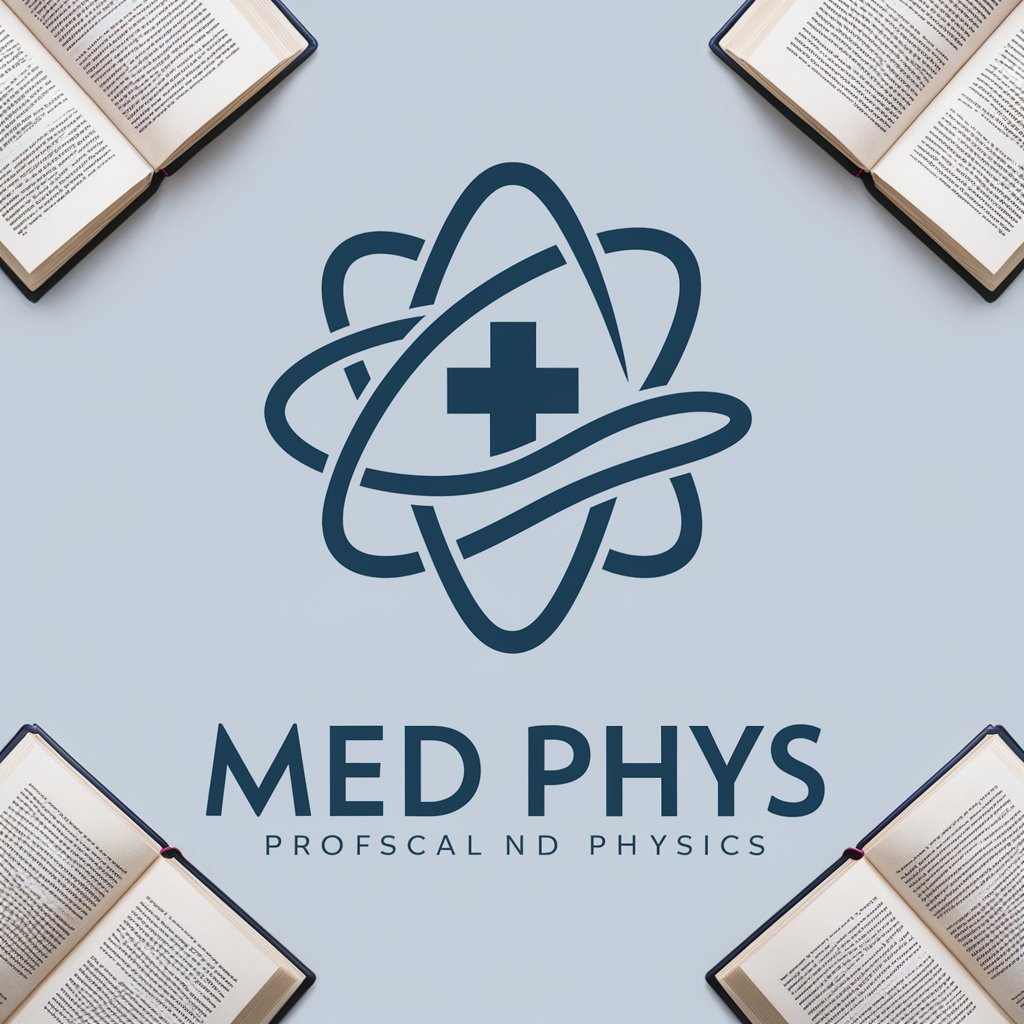
Medical Linguist
Transform Text with AI-Powered Medical Precision
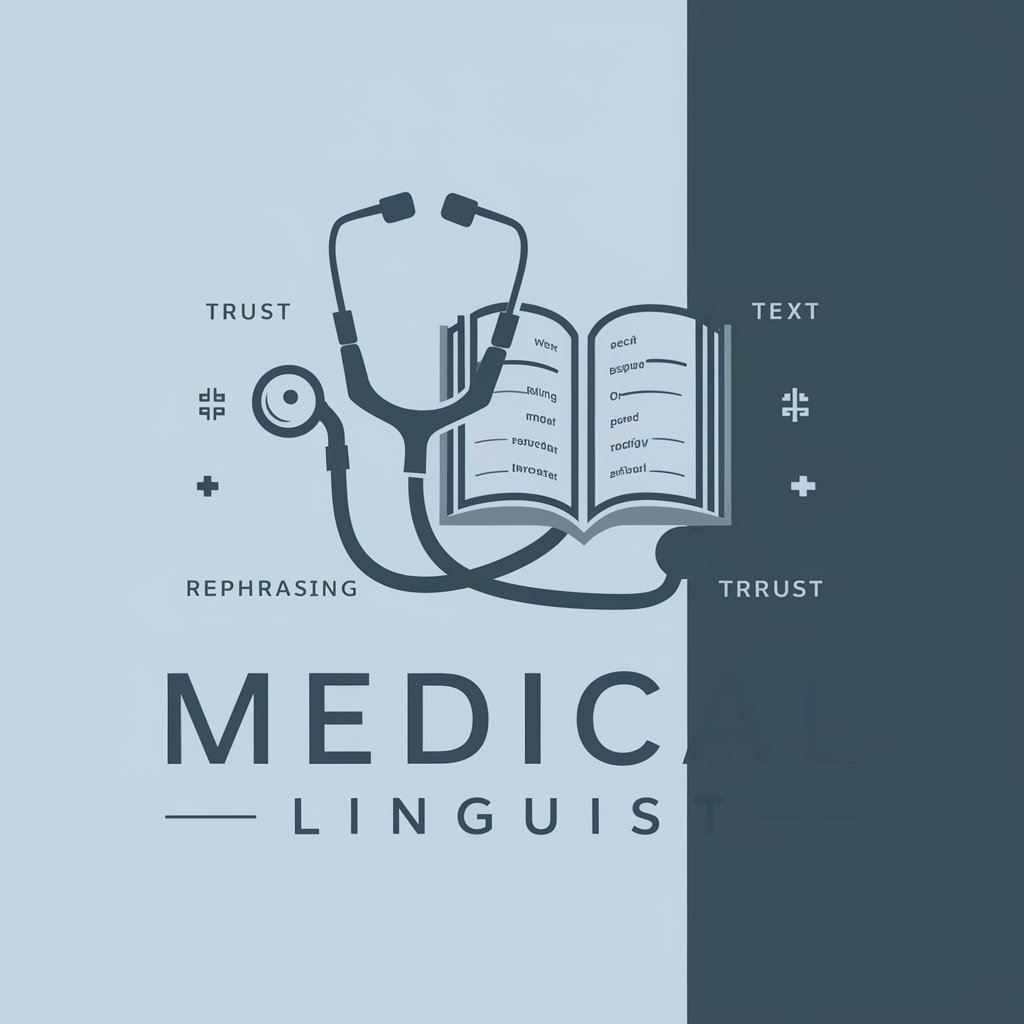
Psychology
Harnessing AI for Psychological Insights
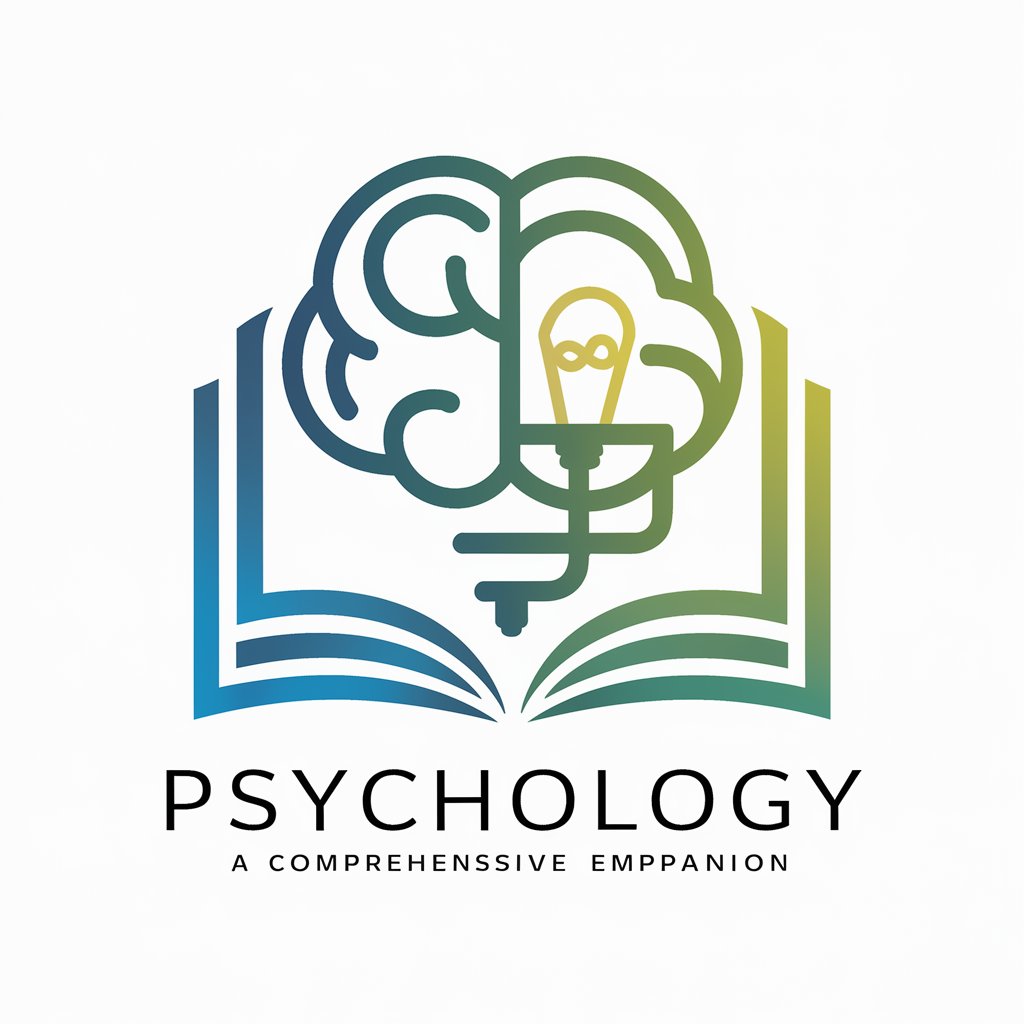
Japanese Grammar Analyzer
AI-Powered Japanese Linguistic Deep Dive
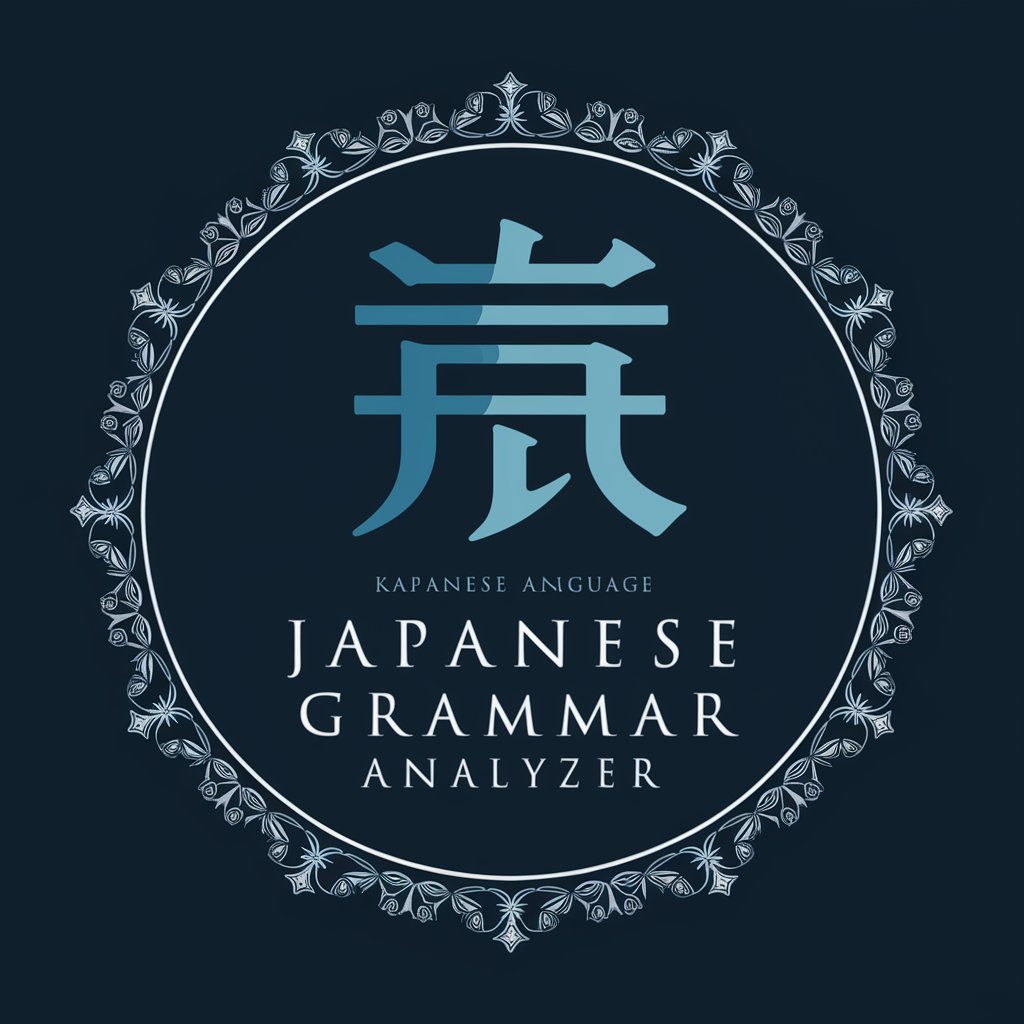
Swifty
AI-powered iOS Programming Mentor
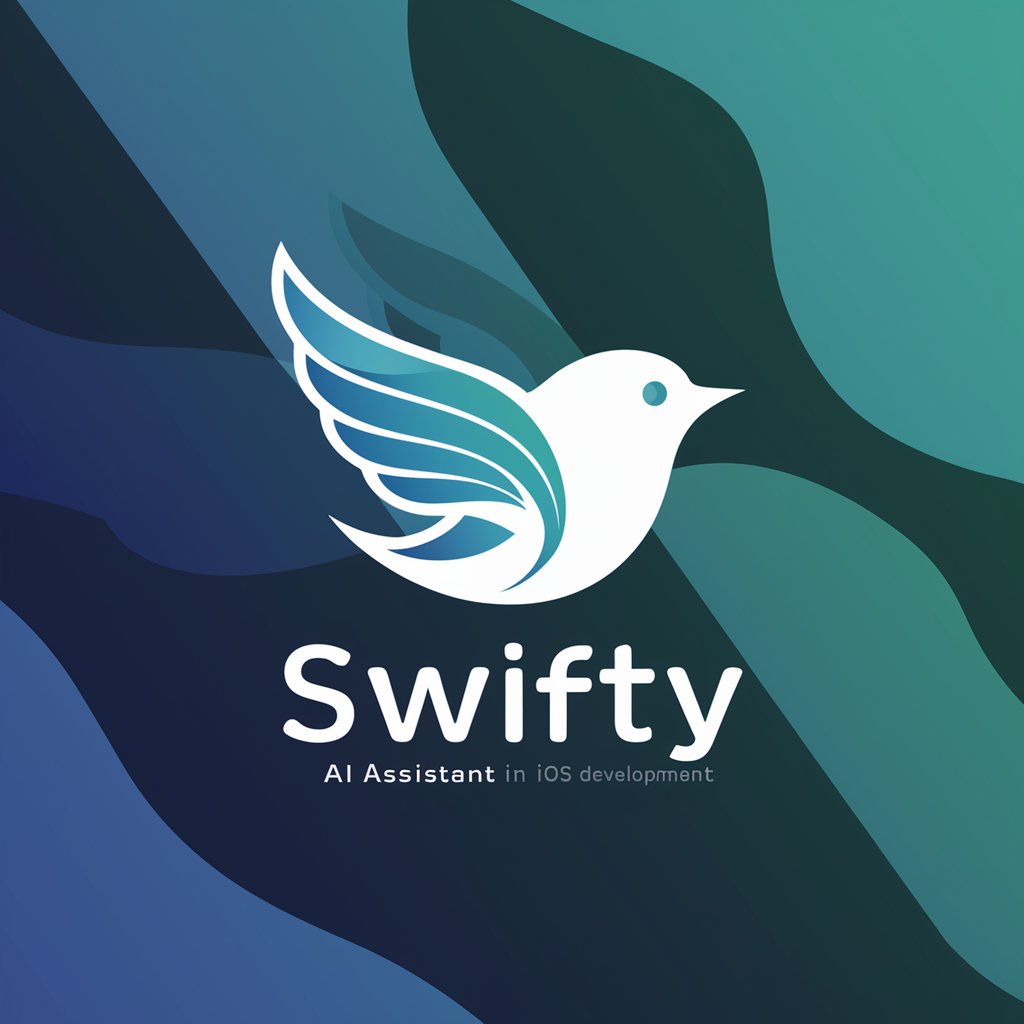
Human Writer-Humanizer-Paraphraser (Human GPT) 🖊️
Refining Text, Enhancing Humanity

SOC Analyst Assistant
AI-powered support for security analysts.

Anti-GPT
Learn mistakes through AI

Vector Image Assistant
Transforming Images with AI

Frequently Asked Questions About Assistente Acadêmico
What types of academic documents can Assistente Acadêmico generate?
Assistente Acadêmico can generate a wide range of documents including detailed summaries, critical reviews, annotated bibliographies, and schematized summaries, tailored for academic and scientific texts.
How does Assistente Acadêmico ensure the quality of its generated texts?
The tool uses advanced AI algorithms to analyze texts comprehensively, structuring information according to academic standards and incorporating critical analysis where necessary.
Can Assistente Acadêmico handle texts in languages other than Portuguese?
Yes, it can process texts in various languages but provides the output and critical analysis contextualized and translated into Portuguese, ensuring no loss of important nuances.
What are the benefits of using Assistente Acadêmico for academic writing?
Using this tool can save time on research and writing, provide in-depth and structured analysis, and help in understanding complex academic materials more effectively.
Is there a way to customize the output generated by Assistente Acadêmico?
Yes, users can customize the depth and focus of the analysis required, and choose between different types of documents and summarization styles to best suit their academic needs.





